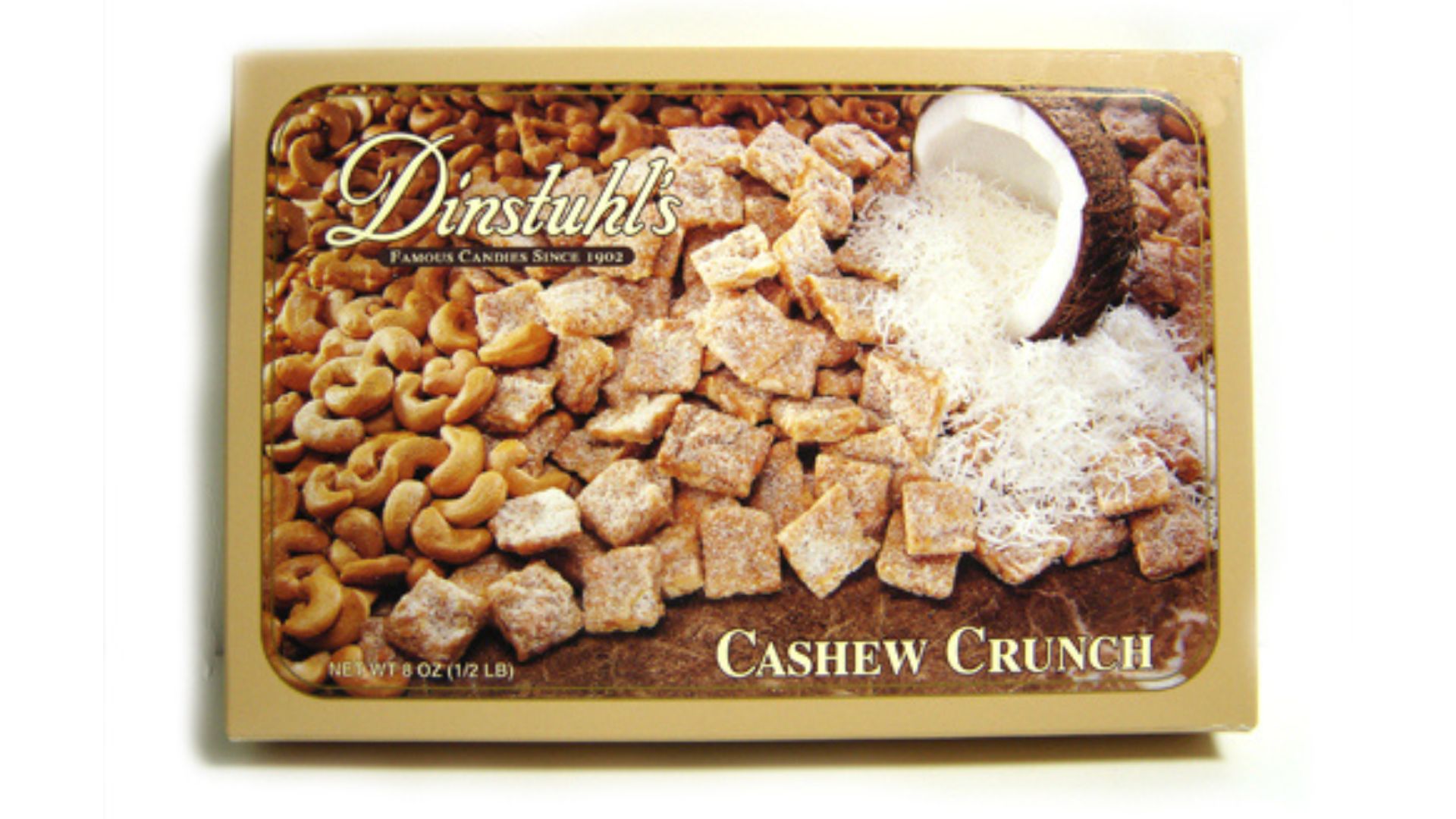
The Food and Drug Administration (FDA) has classified a Dinstuhl’s Fine Candy Company Inc. voluntary recall, that was initiated after undeclared allergens were found in several candy products.
The Tennessee-based candy manufacturer started the recall after finding that milk was in three of its confections without the allergen being labeled on the products’ descriptions.
Newsweek has contacted Dinstuhl’s Fine Candy Company Inc. out of regular working hours via email for comment.
Why It Matters
Undeclared allergens pose serious health risks to individuals with allergies. According to the FDA, milk is one of the nine major food allergens that must be declared on packaging under federal labeling laws. The others are eggs, fish, shellfish, tree nuts, peanuts, wheat, soybeans and sesame.
Consumption of a product containing undeclared milk could trigger allergic reactions ranging from mild symptoms to life-threatening anaphylaxis.
Dinstuhl’s Fine Candy Company
What To Know
The recall, which began on March 4, 2025, affects limited quantities distributed to three retailers in Missouri and Mississippi.
As of May 1, the FDA has classified the situation as a Class II recall, meaning the products could cause temporary or medically reversible health consequences, though the probability of serious adverse health consequences is remote.
The recalled products, each packaged in 4-ounce cellophane bags, are:
- Dinstuhl’s Cashew Crunch (UPC: 7 68050 01919 8) — 24 units
- Dinstuhl’s Peanut Brittle (UPC: 7 68050 00205 3) — 12 units
- Dinstuhl’s Pecan Brittle (UPC: 7 68050 00755 3) — 12 units
All products have an expiration date of June 15, 2025, and the batch number R15. The recall is still ongoing.
Other Candy Recalls This Year
It’s not the first time this year that candy has been subject to recall. Candy sold in eight states was pulled from store shelves in April because of the presence of undeclared color additives.
The recall, initiated by Blooming Import Inc. in Brooklyn, New York, affected 74 cases of Golden Crop Candy, which included the dyes Blue 1, Red 40 and Acid Red 18, which were not listed on the product label.
A firm based in Portland, Oregon, The Candy Basket Inc., also recalled its orange, lemon, marionberry and raspberry jelly sticks in January due to the presence of the undeclared allergens: Yellow 6, Sodium Benzoate, Yellow 5, Potassium Sorbate, Red 3, Blue 1, Propylene Glycol and Red 40.
While not classified as major allergens, food additives like Yellow 6 can trigger sensitivities or allergic-like reactions in some individuals.
Earlier this year, Gardners Candies also voluntarily recalled its Cappuccino Meltaway bars because they may have contained cashew nuts, meaning the product posed a danger to those with tree-nut allergies.
What People Are Saying
Clinton Mathias, an associate professor in the Department of Nutritional Sciences at the University of Connecticut, previously told Newsweek: “Cow’s milk allergy is the most common allergy affecting infants and children in the U.S. It is estimated that about 0.5-3 percent of children under the age of 3 have experienced allergy to milk proteins. While most children, between 40 and 57 percent, outgrow allergy to milk by school age, it is still among the most common food allergies in adults, with about 1.9 percent of adults reporting allergies to milk.”
He added: “Symptoms of allergy to cow’s milk can vary from person to person, with some people experiencing mild symptoms such as hives and others exhibiting severe reactions such as anaphylaxis. Other symptoms of milk allergy can include vomiting, diarrhea, rectal bleed, lethargy, etc.”
What Happens Next
Consumers who purchased the Dinstuhl’s products are urged not to consume them and to return them to the place of purchase or dispose of them.
